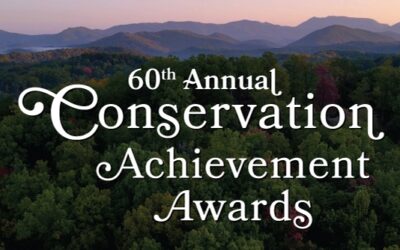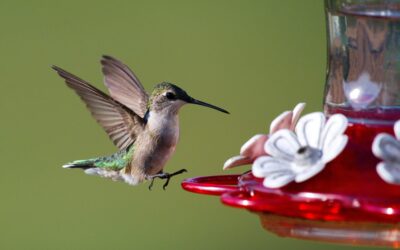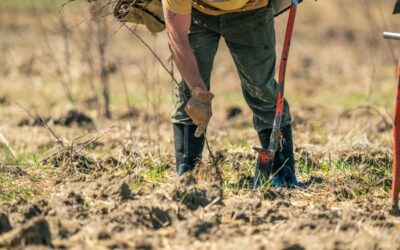Tennessee Wildlife Federation is excited to announce a collaborative project: Restoring Pine-Oak Forests in the Cumberland Plateau. Tennessee Wildlife Federation, in partnership with the Forest Stewards Guild, Sewanee, and Berea College in Kentucky, is restoring pine-oak forest habitats on the Cumberland Plateau.
Pine-oak forests on the Plateau are dominated by a mixture of shortleaf pines and oaks. Both Tennessee and Kentucky have experienced a 70-80% reduction in shortleaf pine since 1980. Causes of the decline include absence of fire on the landscape, not replanting shortleaf pine after management activities, conversion to non-native forest types, and disease.
Guiding Best Land Practices
The project will restore native pine-oak forest habitats on the Plateau by engaging landowners and connecting them with forest management professionals to develop forest management plans. Restoration activities to enhance wildlife habitat will include timber management, prescribed burns, and planting shortleaf pine.
The Federation’s director of conservation Chris Roberts is guiding conservation best practices and acting as a conduit to Tennessee landowners interested in the project.
“It’s exciting to see landowners interested in restoring forest habitats on the Plateau—to return to its natural state and better support wildlife,” Chris said. “As part of my habitat conservation work with the Federation, I’m encountering more and more landowners interested in taking a more long-term approach to managing their land.”
Learning for the Future
Sewanee will host a full-day workshop in 2018 for resource professionals and private landowners to share lessons learned during shortleaf pine restoration activities in the region.
“We are looking forward to getting more shortleaf restoration accomplished on our property, and with the help of Tennessee Wildlife Federation and Forest Stewards Guild, we hope that we can be a model for best practices in the region,” said Dr. Ken Smith, Sewanee professor of forestry and assistant dean of environment.
Site identification and selection are currently underway. The project is funded by the National Fish and Wildlife Foundation’s Cumberland Plateau Stewardship Fund and the Lyndhurst Foundation in Chattanooga.




